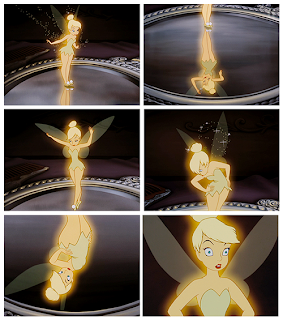Being a huge fan of zoologist Dave Salmoni, i have recently started watching his new show on the discovery channel called 'Rogue Nature'.
Rogue Nature is about animals in the wild that have been claimed to act in a way that is out of their 'ordinary' behavior; that is, to attack and kill humans.
Dave interviews specialised behaviorists and people who were witnesses to the brutal attacks and asks them to show their opinions. He then spends time with someone who shows him the more docile side of the animals, as they believe they are not rogue, just the circumstances were particularly bad, and then the people who believe the animals to be purely vicious and do believe the animals to be rogue. After he has done that, he studies the animals behavior himself by observing them in their natural habitat and then formulates his own opinions.
So far the animals he has investigated are Brown Bears, Chimpanzees, Humboldt Squid, Hippopotamuses and Crocodiles.
 The show is really interesting but and I always agree with Dave's final conclusions, but what I really want to tackle is the idea that an animals that attacks a human is considered rogue.
The show is really interesting but and I always agree with Dave's final conclusions, but what I really want to tackle is the idea that an animals that attacks a human is considered rogue.I'm just not sure i understand why animals aren't meant to have an instinct to kill humans like they do every other animals in their habitat.
Why do we consider it unnatural for us to have any predators and face every other animal as if they are our prey?
I tried to find a definition of the term 'rogue' to see if there was more elaboration on the one i gave earlier and found this:
–adjective
10. (of an animal) having an abnormally savage or unpredictable disposition, as a rogue elephant.
11. no longer obedient, belonging, or accepted and hence not controllable or answerable; deviating, renegade
So i guess that does help to elaborate on my point. A rogue is abnormally savage. Okay - that's is a perfectly understandable definition, except if that were the case, then 'Rogue Nature' would also see if the animals under question have acted abnormally savage to other animals, to its own kind etc. and not just to humans.
I feel as if the second definition is more applicable to a lot of people's idea of the word rogue.
And I think what a lot of people forget is that is that we are animals too. Maybe we should reflect upon definition number 10 and see what it says about us



















